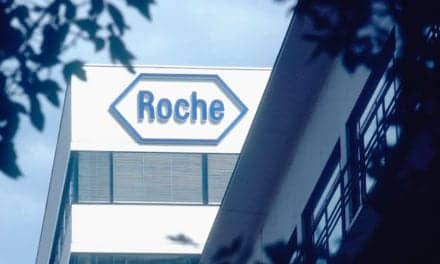A new device designed to more effectively produce DNA samples for genetic testing from slide-mounted tissue samples is better equipped than most models on the market to help in the diagnosis and treatment of cancer. Its inventors say the microdissection device is an effective and reasonably priced method for removing tissue samples from microscope slides. The samples are used for genetic testing, so precision is essential. The impact could be substantial because genetic testing is becoming more popular in the fight against cancer, and so the demand for efficient dissection tools is growing.
The related Salt Lake City startup company, AvanSci Bio, is just now selling the new device, called the MESO-1. The company was formed in 2011 and has attracted significant funding—including a $50,000 grant from the University of Utah, more than $500,000 from private investors, and most recently, a $213,000 grant from the federal Small Business Innovation Research (SBIR) program. Additional funding is on the horizon.
“Their device addresses a need in clinical laboratories for a slide microdissection system that is semi-automated, precise and convenient to use for the pathologist,” said Beth Drees, a manager at the University of Utah’s Technology Commercialization Office (TCO), which administers the U’s intellectual property and assisted AvanSci Bio in many ways. “A growing number of molecular tests require that specific cells of interest, such as tumor cells, be dissected out from slide-mounted tissue samples.”
The MESO-1 consists of three basic parts: an instrument that resembles a small milling machine equipped with a joy stick and digital microscope for controlling the milling process; a specialized consumable mill bit called the xScisor; and computer software for annotating images and pinpointing a tissue section to be collected. The xScisor is one of the most unique components of the device and mills the tissue from the slide surface while simultaneously dispensing and aspirating fluid to recover the displaced tissue fragments. The tissue fragments are then recovered for further testing.
One major user group targeted is laboratories performing genetic testing to detect mutations in cancer. The industry standard is to use a scalpel to scrape part of a tumor off a slide. This method is inexpensive and works for many samples, but it falls short when precision is required. A laser method also exists to collect precise samples, but those instruments can cost up to $500,000.
MESO-1 falls in between these two competing methods by providing a more accurate sample than scraping slides by hand, while being much less expensive than laser methods. AvanSci Bio expects to sell its device for a base price of $20,000. The name for MESO-1 suggests the middle ground it fills in the marketplace—“meso” means middle.
Source: University of Utah




